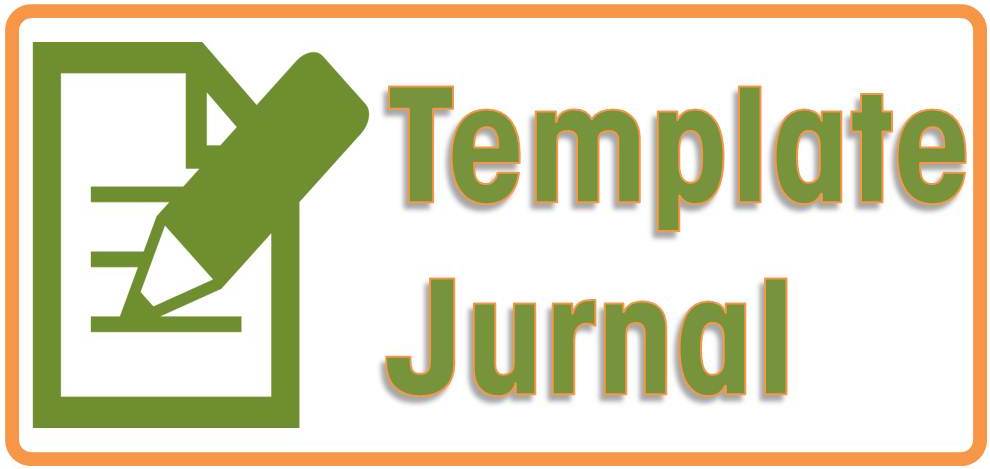ANALYSIS OF USER SATISFACTION ON THE IMPLEMENTATION OF CRM, TQM AND SERVICE QUALITY (Case Study of UNIKI Bireuen Library Users – Aceh Province)
DOI:
https://doi.org/10.55178/idm.v6i11.506Keywords:
CRM Implementation, TQM, Service Quality, User SatisfactionAbstract
This study aims to analyze factors related to user satisfaction of UNIKI campus library, by limiting it to CRM, TQM and service quality factors. Data sources were obtained through questionnaires to users, namely 275 students who use UPT Library services, using quantitative-associative methods and problem analysis tools with path analysis models. The results of the study obtained information that: (1) the implementation of CRM has a direct and indirect effect on user satisfaction of 35.32%, while the implementation of TQM is 51.57% and the service quality aspect is quite significant at 45.58%. (2) Simultaneously, the implementation of CRM, TQM and service quality provide a positive contribution to user satisfaction of 71,4%. (3) There is a causal relationship between the factors of CRM, TQM and service quality implementation with a moderate level.
References
1) Basuki, Sulistyo (2010). Pengantar Ilmu Perpustakaan. Jakarta: Universitas Terbuka.
2) Elva, Rahmah, 2019. Manajemen Perpustakaan: Penerapan TQM dan CRM, Ed.1, Cetakan 1, Depok: Rajawali Pers
3) Felicia Kalalo (2014). Sistem Informasi administrasi teknik perminyakan Insitut Teknologi Bandung, Unikom
4) Gibson, Ivancevich, Donnelly. (2018). Organisasi. Jilid 1, Jakarta: Penerbit Binarupa Aksara
5) Haryono, S. (2017). Metode SEM Untuk Penelitian Manajemen AMOS LISREL PLS. Bandung: PT. Luxima Metro Media.
6) Hikmawati, Fenti (2017). Metedeologi Penelitian, Depok: Gaja Grafindo
7) J. N., Parvatiyar, A., & Shainesh, G. (2010). Customer Relationship. Management: Emerging Concepts, Tools, and Applications. New Delhi: Tta. McGraw Hill:
8) Kamaruddin K., Andri Soemitra, et al. (2024). The Effect of Customer Satisfaction on Customer Loyalty Through Brand Religiosity Image as an Intervening Variable on Bank Aceh Syariah Customers, Sosiohumaniora: Jurnal Ilmu-ilmu Sosial dan Humaniora 26(2), 225 – 233, ISSN 1411 – 0903, eISSN: 2443-2660.
9) Lasa HS. (2019). Kamus Kepustakawanan Indonesia. Yogyakarta: Pustaka Book Publisher
10) Marwan, Win Konadi, Alfi Syahrin, Kamaruddin, Rahmat (2023). Penelitian Kualitatif, Kuantitatif dan Mixed Method dilengkapi analisis data dengan SPSS, Banda Aceh: Bandar Publishing. ISBN: 978-623-449-205-7
11) Nawawi, Hadari (2005). Manajemen Sumber Daya Manusia Untuk Bisnis yang. Kompetitif. Cetakan Keempat. Yogyakarta: Penerbit Gajah Mada University Press.
12) Parasuraman, A., Zeithaml, V. A., & Malhotra, A. (2017). ES-QUAL: A multipleitem scale for assessing electronic service quality. Journal of service research, 7(3), 213-233.
13) Rahmayanty, N. (2019). Manajemen Pelayanan Prima. Yogyakarta: Graha Ilmu.
14) Soetimah. (2021). Pengaruh Kualitas Pelayanan, Persepsi Harga dan Lokasi Terhadap Keputusan Pembelian. Yogyakarta: ANDI.
15) Sutarno NS. (2006). Perpustakaan dan Masyarakat. Jakarta: Sagung Seto
16) Tjiptono F. dan G. Chandra (2016). Service, Quality & Satisfaction. Edisi 4, Yogyakarta: ANDI.
17) Tjiptono, Fandy (2014). Pemasaran Jasa –Prinsip, Penerapan, dan Penelitian, Yogyakarta: ANDI.
18) Tjiptono. Fandy & Diana. Anastasia (2019). Kepuasaan Pelanggan-Konsep, Pengukuran, dan Strategi. Yogyakarta: ANDI.
19) Wibowo (2016). Manajemen Kinerja, Edisi Kelima, Jakarta: PT. Raja Grafindo Persada.






